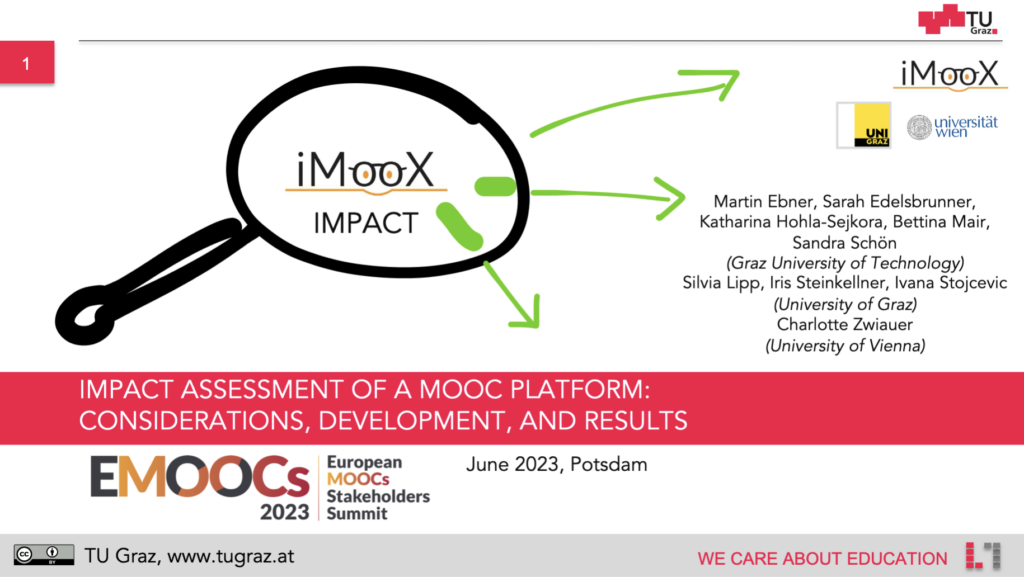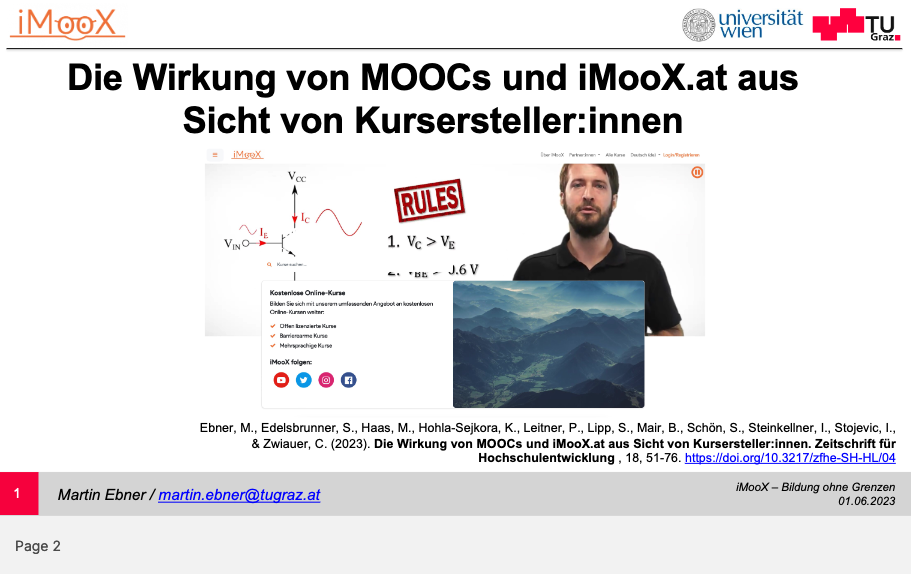Unsere Publikation zu „Weiterbildung und Zertifizierung von Lehrenden. Varianten der Absprachen und Hochschulkooperation im deutschsprachigen Raum“ im Rahmen des Buches „Uncertainty in Higher Education, Hochschulen in einer von Volatilität geprägten Welt“ ist nun erschienen.
Zusammenfassung:
Lehrende an Hochschulen bilden sich weiter und können sich ihre Kompetenzen mit Teilnahmebescheinigungen und anderen Zertifikaten bestätigen lassen. Hochschuldidaktische Kompetenzen oder auch Sprachkenntnisse werden so in Habilitationsverfahren oder beim Arbeitgeberwechsel nachweisbar. Für Lehrende an Fachhochschulen, Pädagogischen Hochschulen und Universitäten gibt es dabei unterschiedliche Angebote, auch hochschuleigene und hochschulübergreifende. In diesem Beitrag werden sechs Fallbeispiele aus Deutschland und Österreich vorgestellt, bei denen mindestens zwei Hochschulen Kooperationen eingegangen sind: Es werden im Beitrag Vereinbarungen vorgestellt, die es Hochschulen erleichtern sollen, fremde Teilnahmebescheinigungen angemessen zu berücksichtigen und auch eine Reihe von Kooperationsformen, bei denen Hochschulen gemeinsam Weiterbildungsprogramme und Zertifikate anbieten. Der Beitrag schließt mit einer Darstellung von Formen und Motiven der Hochschulkooperationen bei Weiterbildungen für die (eigenen) Lehrenden.
[Homepage des Buches]
[Preprint @ ResearchGate]
Referenz: Sandra Schön, Martin Ebner, Elfriede Berger, Gerhard Brandhofer, Ortrun Gröblinger, Tanja Jadin, Michael Kopp, Alexander Schmölz und Hans-Peter Steinbacher (2023). Weiterbildung und Zertifizierung von Lehrenden. Varianten der Absprachen und Hochschulkooperation im deutschsprachigen Raum. In: Attila Pausits, Magdalena Fellner, Elke Gornik, Karl Ledermüller, Bianca Thaler (Hrsg.), Uncertainty in Higher Education, Hochschulen in einer von Volatilität geprägten Welt, Studienreihe Hochschulforschung Österreich, Band 4,Waxmann, S. 233-248




